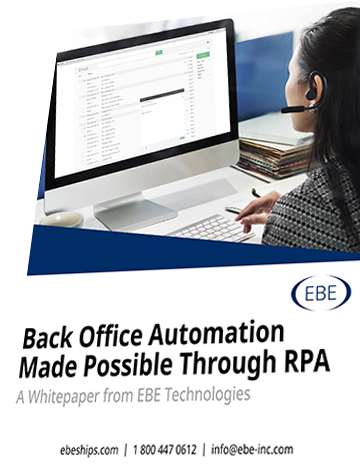

By Steve Binkley,
Safety Consultant
Commercial vehicle inspectors use the Inspection Selection System (ISS) provided by the Federal Motor Carrier Administration (FMCSA) as a tool to determine which motor carriers to select for safety inspections. This usually takes place at state weigh stations where carriers and their CMV’s are screened for possible inspection or given the green light to bypass the weigh station.
Safety data is the focus of the screening process which is tied to the companies CSA scores. The motor carriers CSA scores generate the ISS score for each carrier and the lower the score the better opportunity the carrier has to be given a “green” light to continue down the interstate.
Each CSA basic is evaluated with three CSA basics Unsafe Driving, Hours of Service and Crash basics given more focus. If your ISS score is 1-49 it is considered a “pass” and inspection not needed. If the score is 50-74 the guidance to the officer is “optional”, scores of 75-100 require “inspections”. These are the carrier’s officers are most likely to inspect.
Of course, all carriers can be subject to inspection’s depending on what may be taking place at the weigh station on any day but carriers with the “pass” assignment are less likely to be inspected. Officers have learned through experience that motor carriers with the low ISS scores generally have no violations or very few violations and therefore will tend to focus on carriers with high scores. For carriers to lower their ISS score it’s important for carriers their drivers and equipment be prepared for inspections so the probability of receiving a clean inspection is greater. Implementing the steps and processes below can increase the probability of receiving a clean inspection.
Motor carriers who see improvement with their CSA scores can also expect the ISS score to improve which can mean more green lights at weigh stations. It’s a win for the driver, motor carrier and officer who is expected inspect high risk carriers and drivers.









